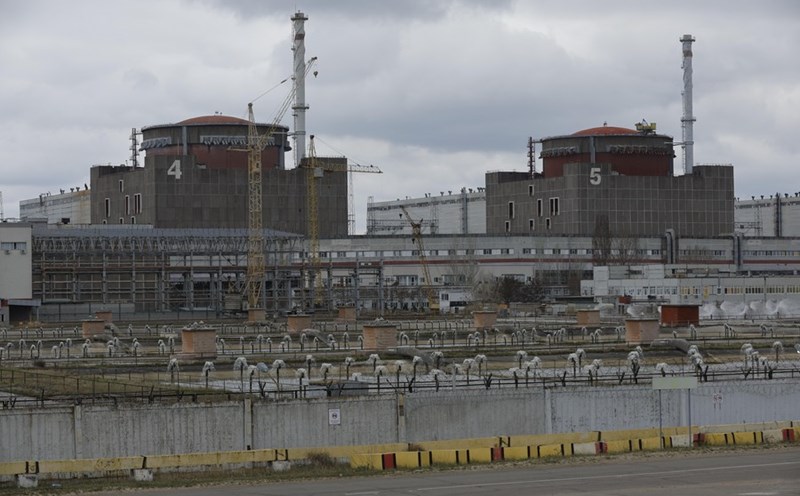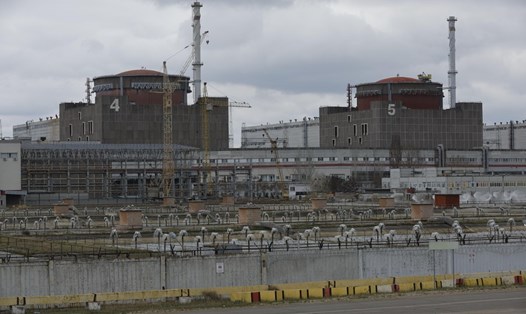This past winter, Austria recorded the highest wholesale electricity price among member states of the European Union (EU). The main reason was the cut in Russian gas supplies, which was followed by a halt in Russian gas transit from Ukraine, causing fuel prices in Austria and across the EU to skyrocket.
In Vienna, green power production has also declined, adding to the demand for gas to power gas-powered power plants.
In mid-November 2024, Austrian company OMV failed to pay for Russian gas to cover the benefits of a ruling by an arbitration court in Stockholm and Gazprom on a gas cut-off.
Since then, Russian gas has continued to be traded on the Austrian "Baumgarten" exchange through traders in neighboring countries. However, the disruption in energy relations between Russia and Austria has caused fuel prices to increase sharply across Europe. From January 1, 2025, Ukraine will stop the transit of Russian gas, causing prices to increase further, immediately affecting wholesale electricity prices in Austria.
According to NordPool, since November 2024, electricity prices in Austria have increased sharply, up more than 50%. Austria has experienced a winter with an average monthly electricity price of 106-140 euros/MWh, while a year ago it was only 63-93 euros/MWh.
Austria's main source of electricity is green electricity, including hydropower plants and renewable energy sources. However, gas-powered thermal power plants still account for 32%, making Austria dependent on gas prices. In the recent heating season, gas prices have exceeded 600 USD/1,000 m3, and are now around 500 USD.
The Austrian energy system operator APG also announced a decline in electricity production from environmentally friendly sources in the past winter. Due to the decline in renewable power production, Austria can only export electricity for 3 days in December 2024, while imports increased sharply and reached 728 GWh in the last month of the year. In January 2025, the country became a net electricity importer.
Usually, wholesale electricity prices in Austria are always lower than in Germany. However, despite an unfavorable green electricity production season in Germany, there are no record of high electricity prices like in Austria. Germany's average monthly wholesale price is 7-19 euros/MWh lower than Austria.
Austria's OMV has been a partner of Russia for more than 50 years. The company admitted that it had to buy gas to replace Russian gas at a higher price on the market. However, the company's sale of gas and LNG to Norway at higher prices will help cover the losses.
Before Ukraine ended its transit of Russian gas, Slovakian Prime Minister Robert Fico wrote to the European Commission warning that the consequences of this move would be very serious. He estimates that the additional costs that EU countries will have to bear within 2 years due to rising gas and electricity prices will reach 200 billion euros.











